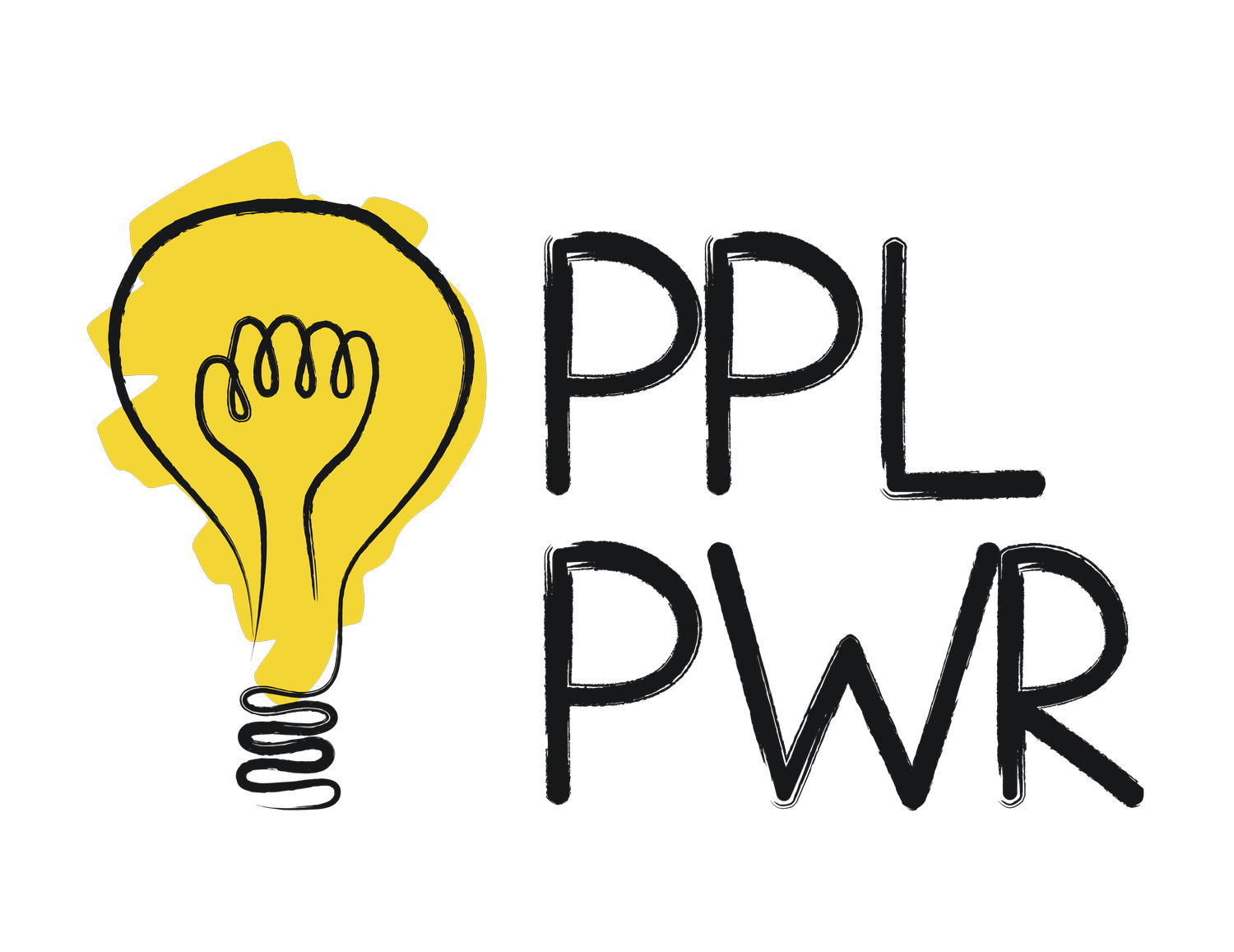Bridging Troubled Waters: Three Trouble-Free Water Conservation Tips
At PPL PWR, we believe that doing your bit to save the planet shouldn’t cost you the earth. In fact, when it comes to sustainable living, less is often more.
Following on from last week’s topic of food waste, PPL PWR’s Green Voices, Smart Choices blog series dives headfirst into the wonderful world of water conservation.
‘Water, water, everywhere, nor any drop to drink.’
- Samuel Taylor Coleridge, The Rime of the Ancient Mariner
What’s the fuss?
Water is wacky. It happens to be one of the most scientifically confounding compounds on earth that is capable of giving life, sustaining it, and taking it away. Why then is the lifeblood conducive to our very existence treated as a semi-precious substance? Water stress has reached boiling point in recent decades due to population growth, higher global meat consumption, and the expanding field of irrigated agriculture. Climate change has precipitated extreme weather events such as drought, endangering 55 million people a year at risk of insufficient freshwater supplies. The symbiotic relationship between energy and water will also be unsettled as the global demand for water continues to increase, intensified further by the current energy crisis.
Source: UN-Water. 2021; FAO. 2018. Summary Progress Update 2021: SDG 6 — water and sanitation for all. Geneva: UN-Water.
2022 marked the worst year of drought in the past five centuries of European history. UN-Water forecasts the displacement of 700 million people worldwide by intense water insecurity within the next decade. Current projections may be alarming, but are we in deep water yet? Well, not irreversibly so. From a glass half-full perspective, one of the most workable bottom-up solutions to the water crisis is education. Greater awareness of the pervasive problem of water scarcity and its collateral impact on our health, the environment, and energy production will be the mainspring of a paradigm shift that motivates people to rethink the long-term sustainability of their daily water use.
Tap into these effortlessly easy tips to help you reduce your water footprint today:
1. Don’t bottle it up, fill up a cup!
The average Londoner purchases more than three plastic water bottles per week, and as a nation, we collectively work our way through 7.7 billion plastic water bottles each year. This generates a colossal amount of single-use plastic waste, half of which will be incinerated, enter waterways, or wind up in a landfill site. Tap water is not only an eco-friendlier option than bottled water, but it’s also between 500 and 1,000 times cheaper. Let that sink in.
Although British tap water is perfectly safe to drink, the taste may vary depending on the region you find yourself in. If this doesn’t quite whet your whistle, however, investing in a water filter jug is a cost-effective alternative that will provide you with a source of potable water in the comfort of your own kitchen. I’d recommend the Phox V2, a glass water filter that offers a refillable cartridge, reducing plastic waste and emitting 75% less carbon dioxide than competing brands, but I won’t faucet.
2. The need is urgent, ditch the detergent!
Aidan Porter, co-founder of Frey, an eco-conscious clothing care company, reveals, ‘Most liquid detergents come in jugs with a 4:1 ratio of water to soap.’ Not only are laundry detergents highly water intensive, but they’re also packaged in landfill-bound plastic containers. Perhaps it’s time for a fresh start. Meet Frey’s new line of detergent sheets, a triple threat in the laundry game guaranteed to take the load off.
With a plant-based, plastic-free, and compact design, Frey’s detergent sheets are biodegradable and lighter to ship, reducing carbon emissions and saving you storage space. Crucially, the sheets are also waterless—gone are the days of having to lug a heavy liquid detergent jug, simply pop one of the dissolvable sheets into the washing machine, and spin cycle your way to sustainable success. Selecting the eco setting on your washing machine will also clean your clothes with less water at a cooler temperature, saving energy, electricity, and money. Water deserves to be conserved, so throw in the towel and live and let dry!
3. Clean up your act, don’t let the dishes stack!
The age-old debate over the greenest way to wash the dishes is a toss-up between man and machine. While some have no qualms about getting their hands dirty, others prefer to take a backseat approach, putting their feet up as their trusty dishwasher slaves away at those stubborn food stains. Laura from PPL PWR handwashes dishes by filling up a small basin or half a plugged sink with water to avoid leaving the tap running while rinsing down the dishes. Scraping residue off cutlery and crockery as soon as possible will also bypass the wasteful ritual of using extra water to pre-soak plates that are crusted over with pesky traces of last night’s lasagne. While intuition may tell you to launch an attack on the filthiest dish in the pile, it’s worth resisting the temptation to prevent the recycled water from soiling in the early stages of the washing-up process, leading to unnecessary water refills.
Becky from PPL PWR reuses the tap water from each washing-up session for garden irrigation. Hydrating your plants with domestic wastewater, also known as grey water, is harmless in moderation, so long as you avoid edible plants and check that the dish soap you use contains no bleach or boron, which can cause wilting if the chemicals are left undiluted. You could say it’s all about getting the moist out of your hard-earned elbow grease.
Final thoughts
Protecting the finite resource that makes up the elemental building blocks of life must be prioritised by industrial, agricultural, and domestic stakeholders before equitable access to uncontaminated water can be achieved. The commodification and privatisation of water, which subjects what has become an economic good to the fluctuation of market prices, conflicts with the inalienable right to water and sanitation, enshrined by the UN General Assembly.
Unequal access to safe water is a concern that extends far beyond the remit of personal responsibility, and must therefore be addressed at the governmental and corporate level before tangible progress is made. What we are within our power to do as consumers, however, is to be more mindful of our water consumption habits. After all, you never miss the water until the well runs dry.






